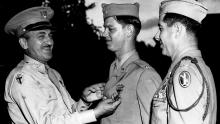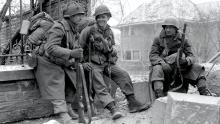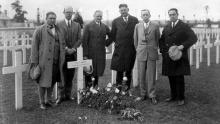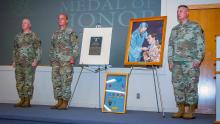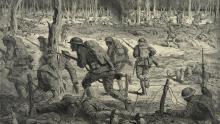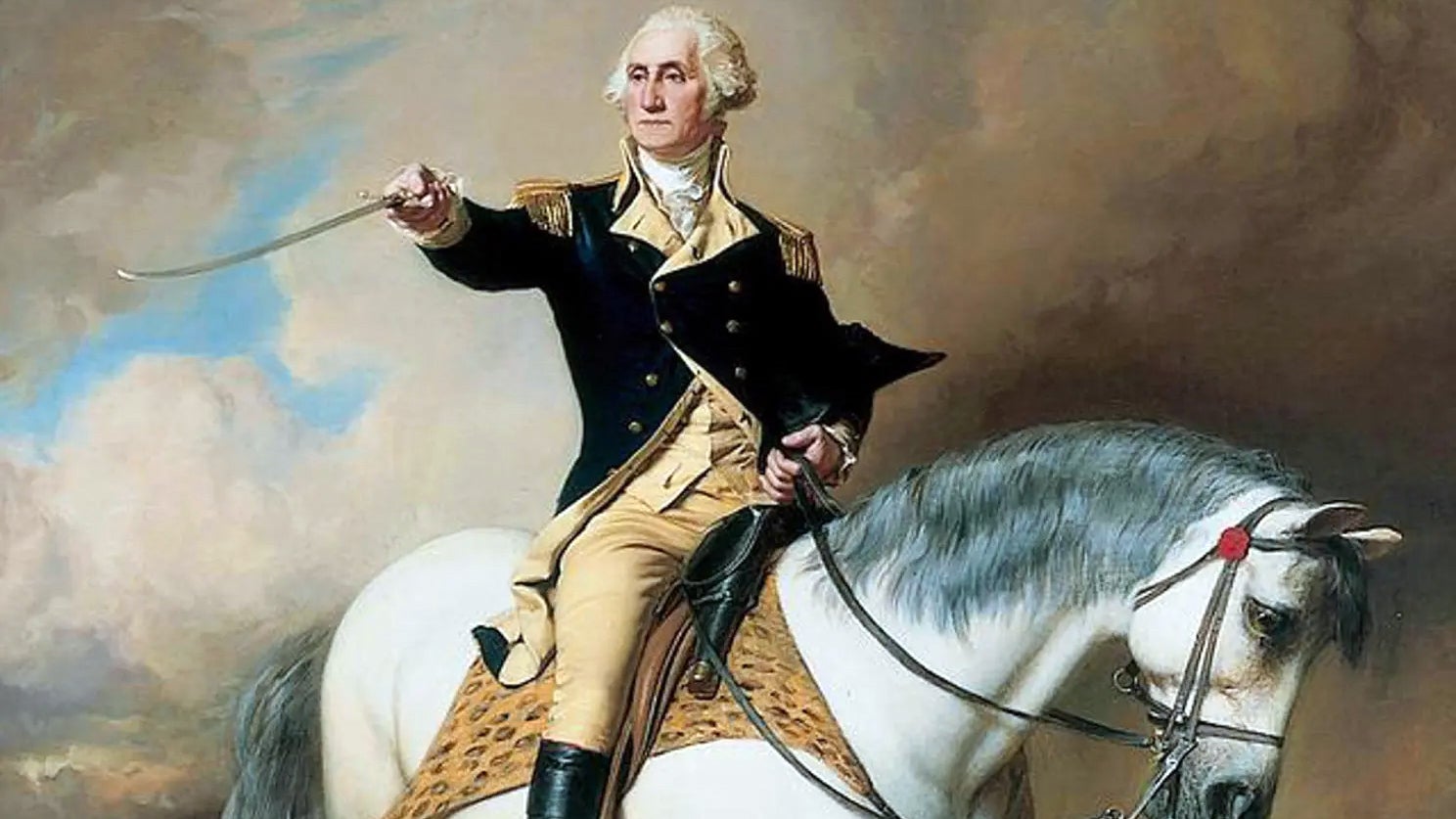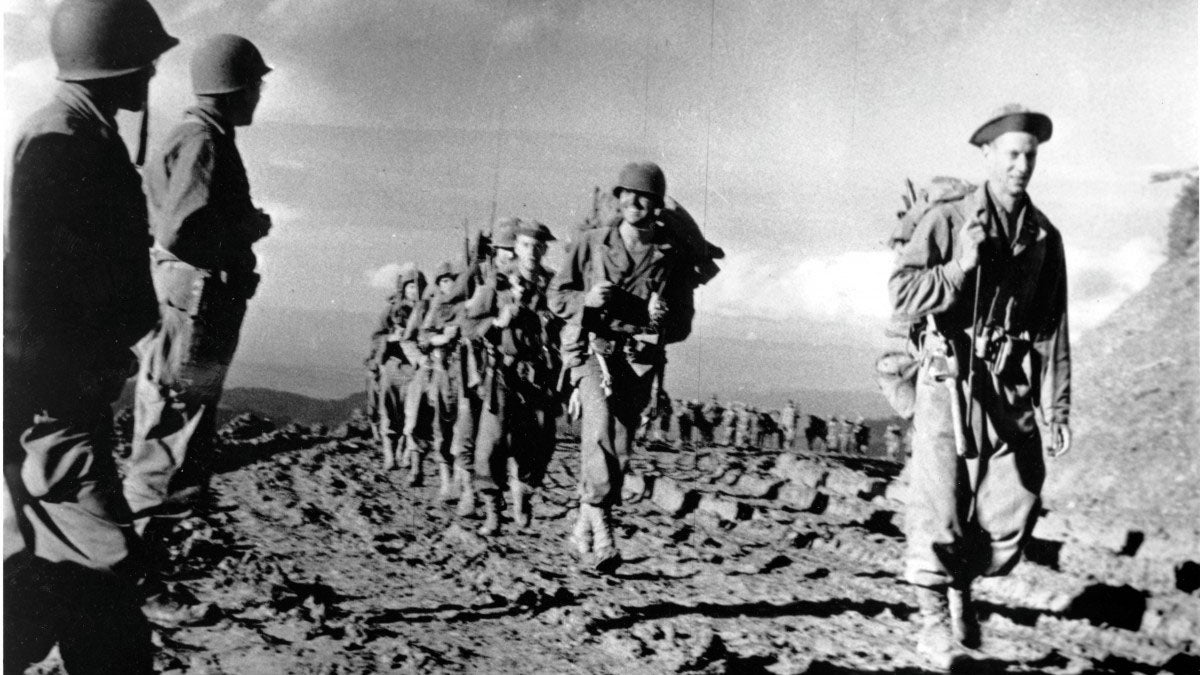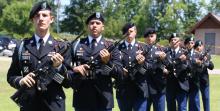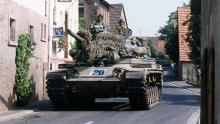Army Christens M10 Booker Combat Vehicle
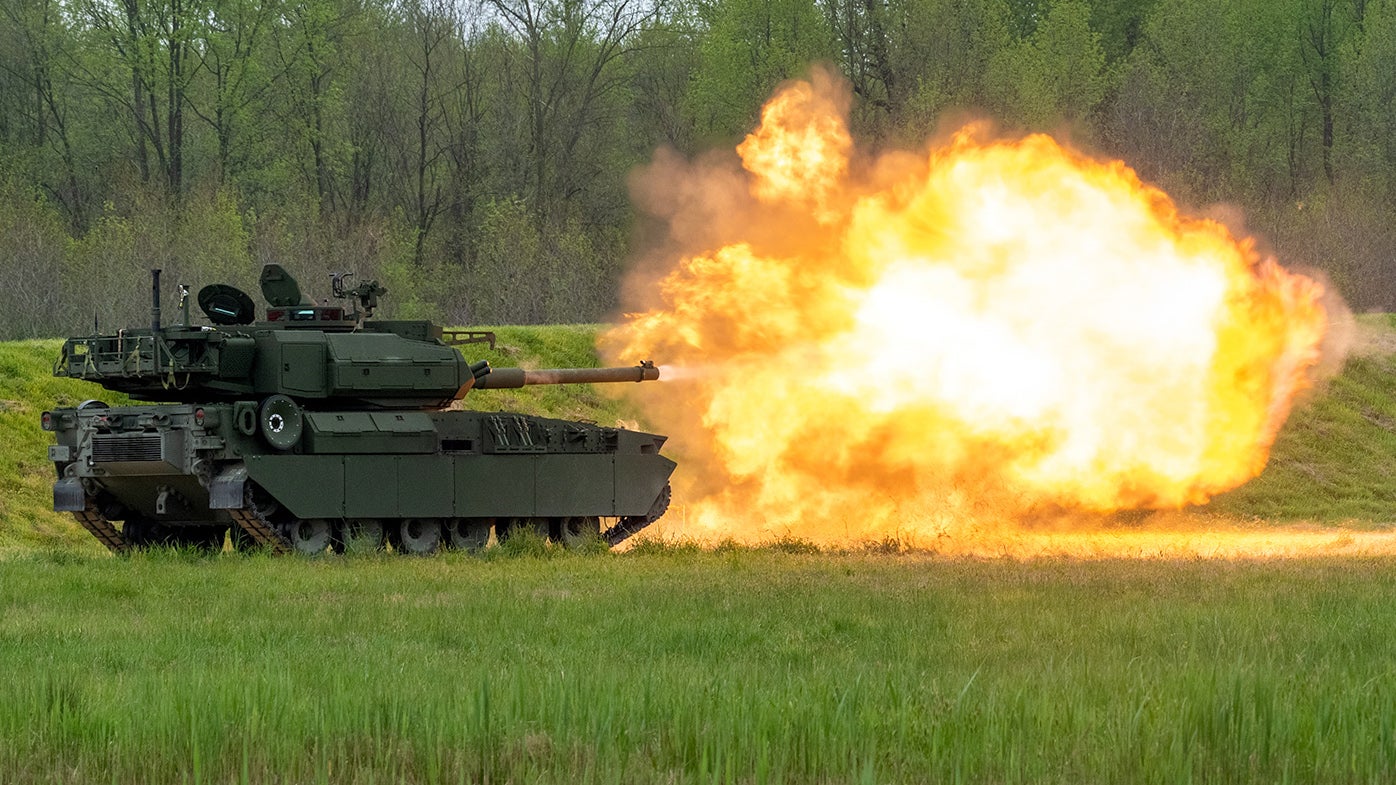
Family members of two fallen soldiers were honored April 18 during a christening and dedication ceremony at Aberdeen Proving Ground, Maryland, for the Army’s newest combat vehicle.
Announced June 10 at the National Museum of the United States Army during a celebration of the Army’s 248th birthday, the M10 Booker is named for Pvt. Robert Booker, an infantryman who was posthumously awarded the Medal of Honor for actions during World War II, and Staff Sgt. Stevon Booker, an armor soldier who was killed in Iraq in 2003 and posthumously awarded the Distinguished Service Cross.


